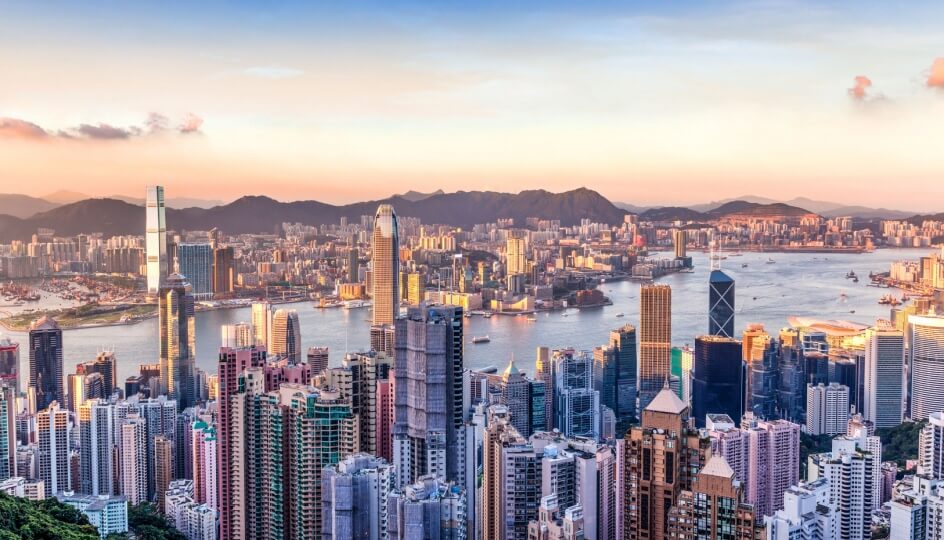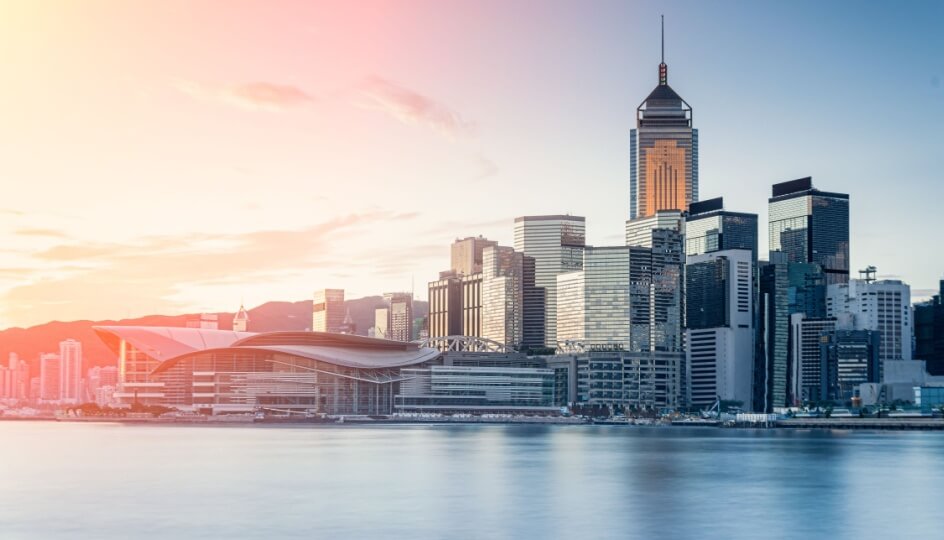Importing and exporting rules and regulations in Hong Kong

Trade with Hong Kong is booming. In such an energised marketplace, it is important to understand the legal parameters for importing and exporting. Local expertise can support your business expansion in the region and help you navigate the appropriate regulations.
Trade with Hong Kong is booming. January 2018 saw a 21% increase in total trade compared with the same month a year ago, and much of the increase was due to growing imports.
With a natural, deep water harbour, Hong Kong has long been a vibrant centre for trade, particularly within Asia Pacific but nowadays around the globe.
In such an energised marketplace, it is important to understand the legal parameters for trade. Local expertise can support your business expansion in the region and help you navigate the appropriate regulations.
Business Opportunity
Hong Kong is a free port with no restrictions on the right to import and export goods. Any Hong Kong company or individual has the right to handle goods import and export, but even so, such businesses must comply with certain regulations. Companies set up by mainland enterprises in Hong Kong can also enjoy the same right.
There is no customs tariff on goods imported into the country. The HKSAR Government collects an excise duty on only four types of goods, irrespective of whether they are imported or locally manufactured: tobacco, hydrocarbon oil, alcoholic beverages, and methyl alcohol.
Usually, all cargo imported into or exported from HKSAR via air, land and sea is subject to Customs control, which is carried out primarily through inspection of documentation such as manifests. Physical examination of goods, if necessary, is mainly carried out on a selective basis.
For goods entering Hong Kong, the importer must complete customs clearance and declaration formalities with the Hong Kong Customs and Excise Department. Charges are based on the value and nature of goods imported, except for articles exempted from declaration charge.
Certain goods, such as food, pharmaceuticals, and vehicles, are subject to import/export control. If the goods to be imported or exported are "prohibited articles" or "reserved commodities" under the Import and Export Ordinance (Cap.60) and the Reserved Commodities (Control of Imports, Exports and Reserve Stocks) Regulations (Cap.296A), shipping companies, airlines and transportation companies must deliver the relevant manifests and import/export licences to the Trade and Industry Department within 14 days of the import/export, for manifest checking.
Licensing
Hong Kong’s Strategic Commodities Control System requires companies wishing to import/export certain goods, such as military equipment or chemicals to register for a licence to do so. Goods in transit, provided they don't leave the vehicle they are being transported in, are exempted from the import/export licensing requirements.
Anyone failing to complete the necessary customs clearance and declaration procedures, or who delays submission or gives false information is considered to have broken the law and is liable to penalty.
A delay in documentation, if the total value of goods is over HK$20,000, could trigger a fine of between HK$40-200 per declaration item. Giving false information risks a HK$10,000 fine. Heavier breaches risk imprisonment and somebody in breach of the law may be subject to administrative actions, such as suspension or revocation of licenses or registration concerned.
Export origins
To facilitate exports from Hong Kong the government operates a certification system on the origin of the goods to be sent abroad, to meet the requirements of overseas importing authorities. Imports do not require origin certification. The Export (Certificates of Origin) Regulations of the Import and Export Ordinance (Cap 60) empower the Director-General of Trade and Industry to issue Certificates of origin for any items manufactured, processed, or produced in Hong Kong.
Free trade agreements exist with China, New Zealand, and the European Free Trade Association. Plus, a new agreement has been forged with the Association of Southeast Asian Nations (ASEAN), and negotiations are ongoing for a free trade agreement with Australia. Hong Kong’s exports to these economies can enjoy preferential tariff treatment if they meet specific rules of origin – hence Hong Kong’s Rules of origin process of certification.
Talk to us
TMF Hong Kong was established in 1994. With more than 300 skilled professionals, we provide clients with a complete suite of private and corporate services to meet their personal and business needs. In addition to wealth management services, we offer accounting and tax, company secretarial, HR and payroll solutions, and process agent services. Contact us for further information.




